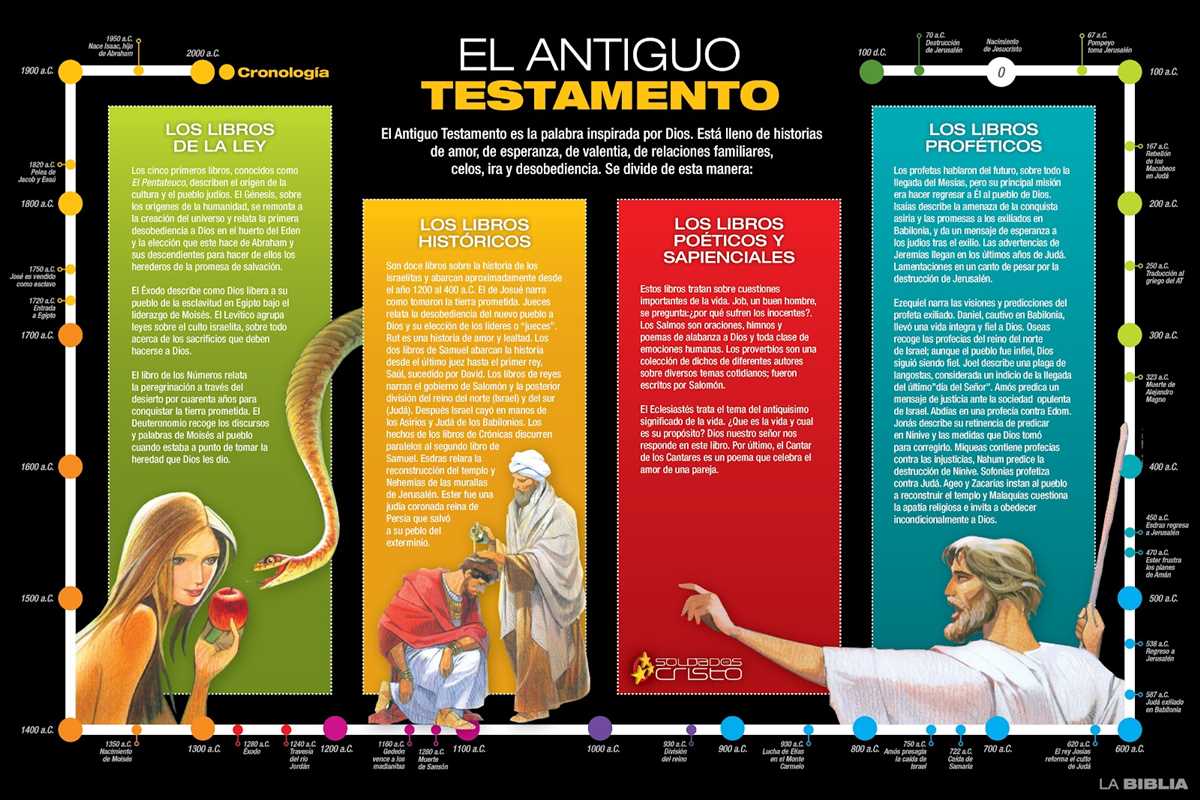
The practice of tithing, or giving a tenth of one’s income or produce to support religious institutions, has been a topic of debate among Christians for centuries. Some argue that tithing is an Old Testament concept that is no longer applicable in the New Testament era. However, a closer examination of the biblical texts reveals that the tithe is still relevant and valid for believers today.
One of the key passages that supports the continued practice of tithing is found in the Gospel of Matthew, where Jesus addresses the issue directly. In Matthew 23:23, Jesus rebukes the Pharisees for their hypocrisy and neglect of justice and mercy. He tells them, “Woe to you, teachers of the law and Pharisees, you hypocrites! You give a tenth of your spices–mint, dill and cumin. But you have neglected the more important matters of the law–justice, mercy and faithfulness. You should have practiced the latter, without neglecting the former.”
This passage indicates that Jesus did not nullify the commandment to tithe, but instead, He emphasized the importance of also prioritizing justice, mercy, and faithfulness. In doing so, He affirmed the practice of tithing as a legitimate and ongoing obligation for believers. Additionally, in the book of Hebrews, the author mentions how Abraham, the father of faith, gave a tithe to Melchizedek, a priest of God (Hebrews 7:1-2). This further highlights the significance of tithing as an act of obedience and trust in God.
Furthermore, the New Testament presents tithing as a means of supporting the work of the Church. In 1 Corinthians 9:13-14, the Apostle Paul states, “Do you not know that those who are employed in the temple service get their food from the temple, and those who serve at the altar share in the sacrificial offerings? In the same way, the Lord commanded that those who proclaim the gospel should get their living by the gospel.” This passage suggests that just as the Levites and priests were provided for through the tithes and offerings of the Israelites, so too should those who serve in ministry be supported financially by the contributions of believers.
While the debate over tithing will likely continue, the biblical evidence supports the idea that the tithe is still valid in the New Testament era. Jesus, the apostles, and early Christians recognized the significance of tithing as a spiritual practice and a means of supporting the work of the Church. Therefore, believers today should consider the biblical teachings on tithing and prayerfully discern how they can faithfully honor God with their finances.
The Tithe: An Ongoing Practice in the New Testament

The practice of tithing, or giving ten percent of one’s income or possessions, dates back to biblical times and is often associated with the Old Testament. However, the concept of tithing is not limited to the Old Testament; it is also found in the New Testament and is seen as a continued practice for believers today.
In the New Testament, Jesus mentions tithing on several occasions, affirming its importance and relevance. In Matthew 23:23, Jesus criticizes the Pharisees for being meticulous about tithing even the smallest things but neglecting justice and mercy. He says, “Woe to you, teachers of the law and Pharisees, you hypocrites! You give a tenth of your spices–mint, dill, and cumin. But you have neglected the more important matters of the law–justice, mercy, and faithfulness. You should have practiced the latter, without neglecting the former.”
This passage shows that Jesus did not condemn the act of tithing itself but rather the Pharisees’ disregard for the weightier matters of the law. It implies that tithing should not be done merely as a religious ritual, but with sincere hearts and a commitment to justice, mercy, and faithfulness.
Furthermore, in Hebrews 7:8, the author refers to the practice of tithing in the Old Testament and states that even mortal men collect tithes, but Jesus, as a priest forever, collects them on a different level. This indicates that tithing has a deeper significance within the context of the New Testament and the priesthood of Jesus.
Overall, the New Testament upholds the practice of tithing and emphasizes the importance of doing it with the right motives and a heart for justice and mercy. While tithing may not be a legalistic requirement for believers, it serves as a means of supporting the work of the church, helping those in need, and acknowledging God’s provision in our lives. As Christians, we are called to be cheerful givers and to steward our resources faithfully for the advancement of God’s kingdom.
What is the Tithe and its Biblical Origin

The tithe is a concept that originated in the Bible and refers to the practice of giving a tenth of one’s income or possessions to God. This practice can be traced back to the Old Testament, specifically in the book of Genesis, where Abraham gave a tenth of his spoils of war to Melchizedek, the priest of God.
In the book of Leviticus, the law of the tithe was established for the Israelite community. It was required that the people give one-tenth of their produce, livestock, and other belongings to the Levites, who were responsible for the religious duties and did not receive any land inheritance. The Levites, in turn, would give a tithe of the tithes to the high priest.
This practice of giving a tenth continued throughout the Old Testament, with various references in books such as Numbers, Deuteronomy, and Nehemiah. It was seen as an act of worship and obedience to God, as well as a way to support and provide for the needs of the priests and Levites.
Although the New Testament does not explicitly command or enforce the practice of tithing, it does mention it in several instances. Jesus himself affirmed the importance of tithing in Matthew 23:23, saying, “Woe to you, scribes and Pharisees, hypocrites! For you tithe mint and dill and cumin, and have neglected the weightier matters of the law: justice and mercy and faithfulness. These you ought to have done, without neglecting the others.”
While the New Testament emphasizes the principle of giving generously and cheerfully, it does not prescribe a specific percentage like the tithe. Instead, it encourages believers to give according to their means and with a willing heart. The focus is on giving out of love and gratitude for what God has done rather than a legalistic requirement.
The Tithe in the Old Testament
The practice of tithing, or giving a tenth of one’s income or possessions, has deep roots in the Old Testament of the Bible. This concept is mentioned several times throughout the Old Testament and is seen as a way for individuals to show their gratitude and obedience to God.
In the book of Genesis, we see the first mention of tithing when Abram (later known as Abraham) gives a tenth of his spoils of war to Melchizedek, a priest of God. This act is seen as a voluntary expression of gratitude and recognition of God’s provision and blessing.
Later, in the book of Leviticus, the tithe is codified as a commandment under the Mosaic Law. The Israelites are instructed to give a tenth of their crops, livestock, and other possessions to support the priests and Levites who serve in the tabernacle and later the temple.
This tithe was not optional; it was seen as a requirement and a way for the Israelites to support the religious infrastructure and provide for the needs of the Levites, who did not have their own land or means of economic sustenance. Failure to tithe was considered a violation of the law and was seen as disobedience to God.
In addition to the regular tithe, there were also other types of tithes mentioned in the Old Testament, such as the Festival Tithe and the Poor Tithe. These additional tithes were meant to support the celebration of religious festivals and to provide for the needs of the poor and vulnerable in the community.
Overall, the tithe in the Old Testament served as a way for individuals to honor God and support the religious community. It was seen as a responsibility and an act of obedience, meant to demonstrate gratitude and trust in God’s provision.
The Tithe Reinforced by Jesus

Jesus Christ, the central figure in Christianity, affirmed the importance of tithing, thus reinforcing its significance in the New Testament. The practice of tithing, which involves giving ten percent of one’s income or possessions to the church or religious organization, was not abolished with the arrival of Jesus but rather strengthened in his teachings.
Throughout his ministry, Jesus emphasized the principles of generosity, stewardship, and the support of God’s work on earth. In Matthew 23:23, Jesus rebuked the Pharisees for their hypocrisy, as they neglected justice, mercy, and faithfulness while meticulously tithing their spices. He affirmed, “You should have practiced the latter, without neglecting the former.” This statement clearly indicates that Jesus encouraged the practice of tithing while also prioritizing matters of the heart.
Jesus’ teachings on giving went beyond the concept of tithing as a mere obligation or ritual. In the story of the widow’s offering in Mark 12:41-44, Jesus commended the widow for giving “out of her poverty” and praised her total devotion to God. This episode demonstrates that Jesus valued sacrificial giving, recognizing that it is not about the amount but the attitude and intention behind the act of giving. Tithing, therefore, becomes an opportunity for believers to express their love, faith, and trust in God.
In conclusion, the teachings of Jesus reinforce the practice of tithing in the New Testament. While tithing itself is not explicitly commanded by Jesus, He highlighted its significance and emphasized the importance of an authentic and heartfelt approach to giving. Tithing serves as a tangible expression of gratitude, obedience, and support for the work of God’s kingdom on earth.
Apostolic Teaching on the Tithe

The topic of tithing is mentioned in the New Testament with guidance from the apostles. The apostolic teaching on the tithe presents an important aspect of financial stewardship in the early Christian community.
The apostle Paul, in his letter to the Corinthians, writes about the principles of giving and the importance of supporting the work of the ministry. He emphasizes the idea of giving willingly and cheerfully, stating that God loves a cheerful giver (2 Corinthians 9:7). This teaching extends to the concept of tithing, where believers are encouraged to give a portion of their income to support the church and the work of spreading the Gospel.
In the book of Hebrews, the writer references the practice of tithing in the Old Testament and highlights the significance of Melchizedek’s tithe. The writer explains that Abraham, the father of faith, gave a tenth of his spoils to Melchizedek, who was a priest of God (Hebrews 7:1-10). This act demonstrated Abraham’s recognition of Melchizedek’s priesthood and the blessing that came upon him. The writer uses this example to illustrate that tithing goes beyond the requirement of the law but is a way to honor God and acknowledge His provision in our lives.
- The apostolic teaching on the tithe emphasizes the joy of giving and the act of supporting the work of the ministry.
- It promotes the idea of giving a portion of one’s income willingly and cheerfully.
- The book of Hebrews connects the practice of tithing to the example of Abraham, highlighting the honor and blessing that come from acknowledging God’s provision.
In conclusion, the apostolic teaching on the tithe highlights the importance of financial stewardship and the act of giving in the early Christian community. It encourages believers to give willingly and cheerfully, recognizing the provision of God in their lives. Tithing is seen as a way to honor God and support the work of spreading the Gospel.
Modern Interpretations and Practices of the Tithe

In modern times, the concept of the tithe has evolved and been interpreted in different ways, depending on the religious beliefs and cultural practices of different communities. While some still adhere to the traditional understanding of tithing as a mandatory 10% contribution of their income to their religious institution, others interpret it more flexibly.
One modern interpretation of the tithe emphasizes the principle of giving a portion of one’s resources back to God or the community as an act of gratitude and support. Under this approach, the exact percentage or amount is not as important as the intention and willingness to give. This flexible interpretation allows individuals to give what they can afford, ensuring that their contribution is meaningful and impactful.
Moreover, there are those who view the tithe not only as a financial contribution but also as a way to give back their time, talents, and skills. They believe that tithing should extend beyond money and include acts of service and participation in community activities. By using their gifts and abilities to benefit others, individuals feel they are fulfilling the spirit of tithing and living out their faith in practical ways.
It is also worth noting that some religious organizations have adapted their tithing practices to meet the needs of their communities. For example, instead of solely supporting the operation of the religious institution, some churches allocate a portion of the tithe to charitable causes and community outreach programs. This shift allows for a more holistic approach to tithing, addressing both the spiritual and social needs of the community.
To sum up, the tithe has undergone various interpretations and practices in modern times. While some continue to adhere to the traditional understanding of tithing as a fixed percentage of income, others approach it more flexibly, focusing on the intention and willingness to give. Furthermore, the evolution of tithing includes the incorporation of non-financial contributions and a broader perspective on community support. These modern interpretations and practices of the tithe reflect the evolving nature of religious beliefs and the desire to make a positive impact in the world.
Benefits of Practicing the Tithe in the New Testament
The practice of tithing, or giving 10% of one’s income, has been a controversial topic in the Christian community. While some argue that tithing is not relevant in the New Testament, there are several benefits that come with practicing this act of giving. Here are a few of the benefits:
- Financial Blessings: One of the promises associated with tithing is that God will bless those who faithfully give. This blessing can come in various forms, including financial provision, unexpected opportunities, and supernatural favor.
- Trust in God’s Provision: By choosing to give a portion of their income, believers demonstrate their trust in God’s provision. Tithing is an act of faith, acknowledging that all resources ultimately come from God and that He is the ultimate provider.
- Supporting the Work of the Church: Tithes are typically used to support the work of the church, including outreach programs, missions, and ministry expenses. By faithfully tithing, believers contribute to the growth and impact of the church and its ability to serve others.
- A Heart of Generosity: Tithing cultivates a heart of generosity and stewardship. It reminds believers that they are called to be good stewards of the resources God has entrusted to them and challenges them to be generous with their time, talents, and finances in all areas of life.
In conclusion, while the practice of tithing may be debated, there are undeniable benefits to practicing this act of giving in the New Testament. Financial blessings, trust in God’s provision, support for the work of the church, and a heart of generosity are just a few of the fruits that come from faithfully tithing. Ultimately, the decision to tithe is a personal one, but the rewards of obedience and trust in God’s principles are evident.